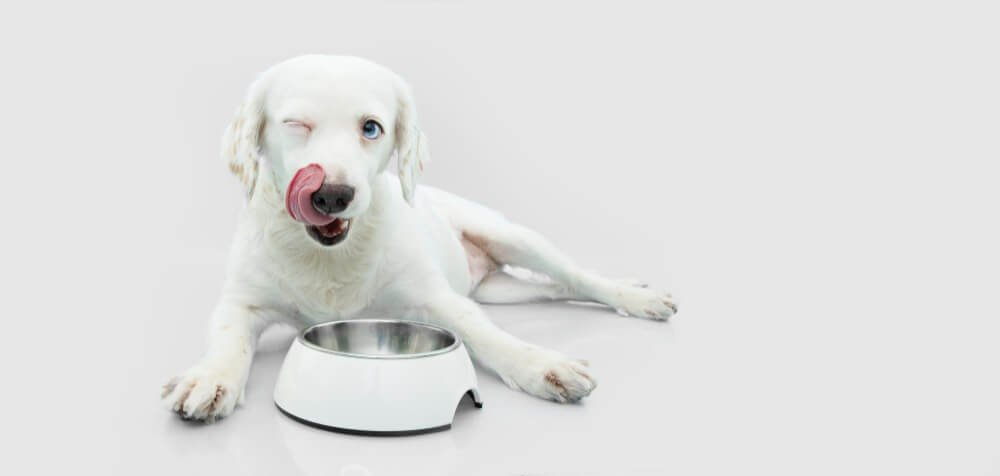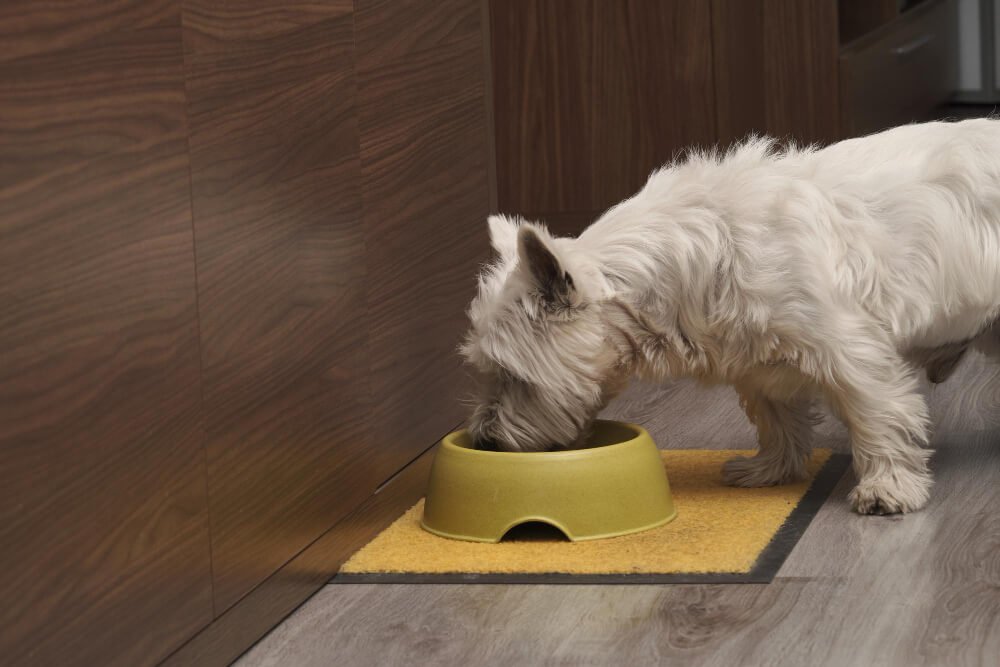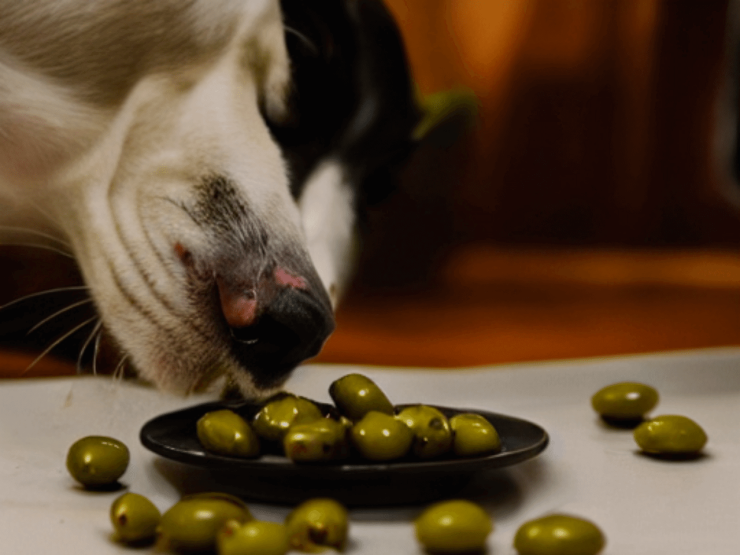The short answer is yes, but a few caveats and safety measures need to be taken, all of which are outlined in the following paragraphs for your reference.
Is it wrong for my dog to eat olives?

Olives are one of the “prohibited” foods that canines should not consume. However, you should be aware that this is not precisely because of its toxicity but because of the hazards linked with its bone.
As you probably already know, Olives have a somewhat sizable bone on the inside, making their consumption unhealthy for people and canines. If a dog (especially a little dog) were to ingest the stone from an olive, there would be a significant risk of suffocation. This is especially true for smaller dogs.
This is because furry ones often chew a small amount of their meal before swallowing it. In addition to this, olive stones are extremely tough to chew; hence, the act of attempting to eat olive rocks can cause damage to the oral mucosa as well as the teeth.
Therefore, if a dog consumes an olive that contains a pit, there is a possibility that this pit will end up “diverting” from the digestive system to the respiratory tract, potentially obstructing them and causing them to suffocate. This risk is present whenever a dog consumes an olive that contains a pit.
Nutritional characteristics of olives

Olives are the fruit of a tree that is often known as an olive tree (Olea europaea). This tree naturally grows in areas with a climate similar to the Mediterranean. You are undoubtedly already aware that there are wide varieties of olives, which can be categorized more broadly as green olives (harvested before the ripening process) and black olives (harvested during the maturation phase of the plant), respectively.
In addition to differences in color, flavor, and texture, the nutritional make-up of different varieties could also be slightly different. Olives, on the other hand, generally have a high nutritional value because they are an excellent source of fiber, vitamin E, calcium, and essential fatty acids (the so-called “good fats”).
Does your dog like olives? Attention to these recommendations

To begin, there is the concept of moderation. As we have shown, dogs can consume olives, but only in tiny amounts and occasionally. Therefore, if your dog enjoys olives, it is a fantastic idea to use them as an exceptional treat for good conduct, especially if the dog misbehaves.
Olives, in other words, can be used as a kind of positive reinforcement in your dog’s training, which will favor the assimilation and repetition of proper and desirable behaviors. Here are some essential pointers to remember when participating in workouts with your closest friend.
In addition, the consumption of olives should be avoided entirely in canines suffering from digestive disorders, food allergies, hypertension or cardiac difficulties, and kidney ailments. This is an important consideration that must be taken into account.
Lastly, don’t forget to present your hairy olives that have been pitted but not stuffed. You can give your animal friend extra-virgin olive oil to improve their health and reap the benefits of olives to the fullest extent by including olives in their diet.





Add comment